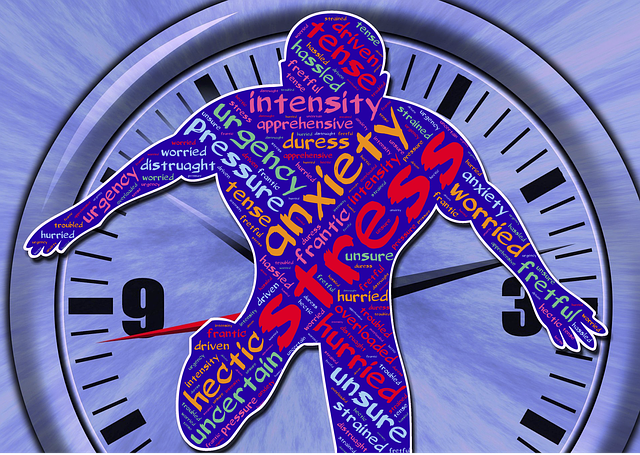Not only can chronic stress lower the quality of your life, but it can also shorten your life. By understanding stress biology, you can manage stress hormone effects more effectively.

Chronic stress can increase your risk for a stroke and heart attack as well as change the outcome of cancer and other diseases. In addition, even small and persistent stress of daily life can accelerate aging. By understanding stress biology, you can manage stress hormone effects more effectively.
Stress is your body’s normal reaction to any situation that requires you to make adjustments.
There are two components of stress. The external part of stress or stressor is what happens to you or any demand that is placed on you. The internal part of stress is your psychological and physical reaction to stress.
Your reaction to the demands in your life can be as much a source of stress as the stressful events themselves. Your inner reaction can maximize or minimize the stress you’re experiencing.
Any change — whether it’s positive or negative — causes stress.
The stress response, called the fight-or-flight response, is your body’s normal response to any change or perceived threat. The physiological response is the same whether your body is responding to real or perceived threat.
Here’s What You Need to Understand About Your Stress Biology and Stress Hormone Effects
When faced with a stressful situation, your brain sets off an alarm system in your body. Through a combination of hormonal and neuro-chemical signals, the adrenal glands (located on top of your kidneys) are prompted to release a surge of stress hormones, including cortisol and adrenaline.
Cortisol is the primary stress hormone. It increases the release of stored sugar and increases glucose in the blood stream. It helps our bodies respond quickly to any threat by increasing available energy. In addition, cortisol inhibits functions that are non-essential in the fight-or-flight response, including processes in the immune system, digestive system, reproductive system and growth.
Adrenaline increases the heart rate, respiratory rate and blood pressure.
The normal stress response allows us to rapidly increase our heart rate and respiratory rate as well as blood pressure. Available energy is increased while digestion and other non-essential processes are decreased. So, our bodies are primed to fight or take flight and escape, whichever is needed.
The natural stress response is usually short-term and self-regulating. When the threat is gone, the body returns to normal. As cortisol and adrenaline levels drop, your heart rate, respiratory rate and blood pressure as well as energy levels return to their baseline levels. Other systems inhibited by the stress response return to their regular activities.
The natural stress response goes awry when stress is constant and excessive.
In today’s society, most people are inundated with overwhelming stress. If you’re constantly dealing with excessive and chronic stress, your body’s fight-or-flight response is constantly on. In turn, the resulting stress hormones released are chronically high.
Long-term and constant exposure to high levels of cortisol, adrenaline and other powerful stress hormones can disrupt many processes in your body.
When it’s chronic, stress hormone effect is toxic to your system and it can put you at increased risk for numerous health problems, including high blood pressure, heart disease, digestive problems, obesity, memory impairment, decreased immunity and worsening of other diseases.
Chronic stress can increase your risk for a stroke and heart attack as well as change the outcome of cancer and other diseases. In addition, even small and persistent stress of daily life can accelerate aging.
Not only can chronic stress lower the quality of your life, but it can also shorten your life.
How do you deal with toxic chronic stress hormone effects?
Unfortunately, you can’t avoid stress because it’s part of life. But, you can learn to manage it. By using effective stress management techniques, you can prevent the damaging effects of stress to your body and to your life.
